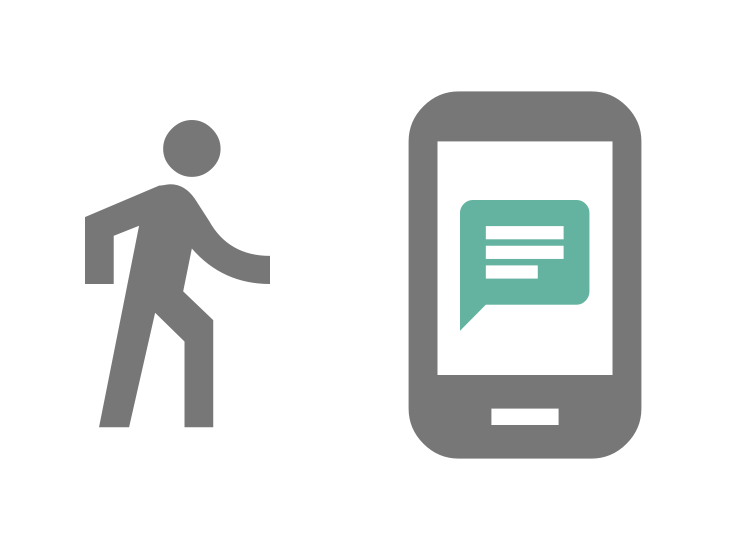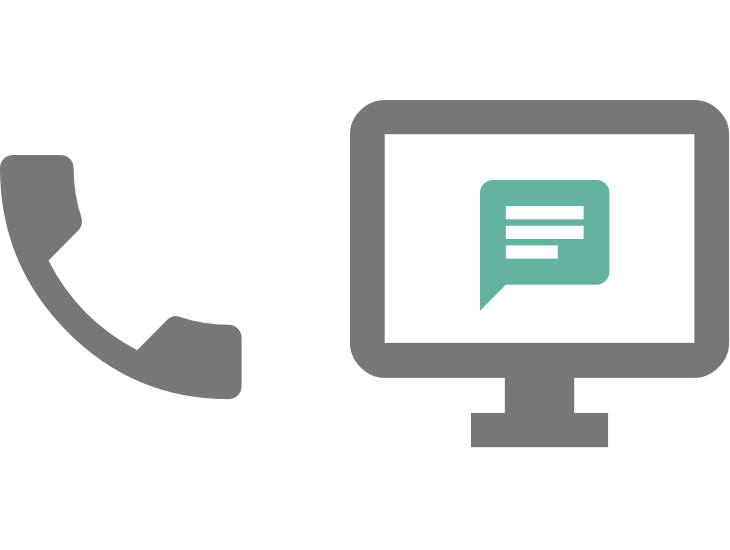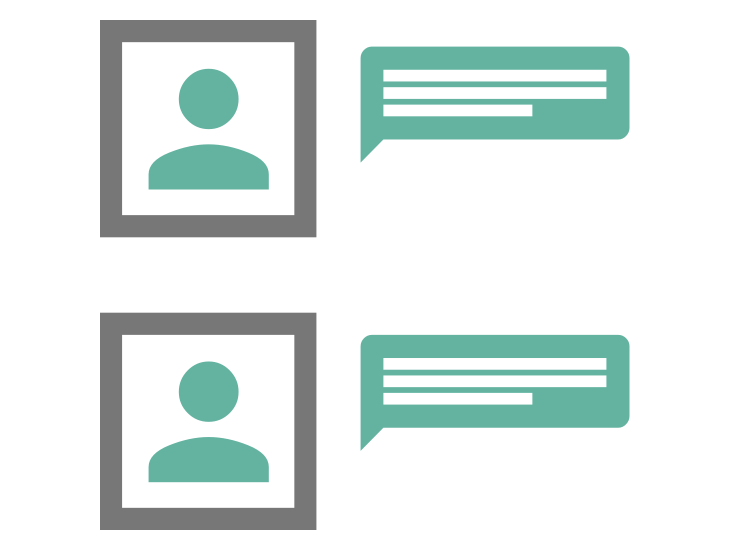GDLive Newsfeed
We check in with people at each stage of the cash transfer process to see how things are going. Take a look at some of their stories as they appear here in real-time.
Learn more about how recipients opt in to share their stories.

access_time
5 years ago
Joseph
enrolled.
"Receiving this money means I will be able to farm on a larger scale. I intend to do cultivation and have some livestock which I can sell at a later stage just to keep my money growing. This will improve my stansard of living."
View Joseph's
profile

access_time
5 years ago
Jennifer
enrolled.
"The biggest hardship I face is lack of enough money for paying my children's fees. My children are studying in a private school which require instant fees payment, so since some times I run short of money they are sent home. This is affecting their academic progress. "
View Jennifer's
profile

access_time
5 years ago
Joyce
enrolled.
"The biggest hardship I face in my lid is inadequate land for crop cultivation. Farming is the only source of livelihood in my household. It's what supports me pay school fees for my children, pay medical bills and feeding my household. What we produce is sold and part of it is retained for household consumption. What is there currently is not able to support my household adequately."
View Joyce's
profile

access_time
5 years ago
Henry
enrolled.
"Receiving this money means that I will spend for building iron-roofed house. I failed to complete my permanent house due to lack of money. The rains are washing off it's walls and is in danger of collapsing. Givedirectly transfers will enable me complete my house hence providing better accommodation. I will also manage to save some money spent on renovating agrass thatched house for providing other basic needs."
View Henry's
profile

access_time
5 years ago
Betty
enrolled.
"The biggest hardship that I face in life is not having a better source of income. I rely on peasant farming and that leaves me with little income due to poor harvests and lot yields as a result of pests, diseases and bad weather conditions. This has rendered my household vulnerable to famine and diseases because, whatever I produce will be sold in order to meet household challenges like medication."
View Betty's
profile

access_time
5 years ago
Rose
enrolled.
"The biggest hardship I face is food shortages. I was left as a widow with only a plot to stay, so I really donot have where to cultivate. This means that I rely on causal labour which does fetch enough to sustain my household needs."
View Rose's
profile

access_time
5 years ago
Mirabu
enrolled.
"The biggest hardship I face is lack of an income generating activity. I only rely on crop farming which in most cases is not reliable due to weather issues. I have failed in managing most of my family responsiblities like providing better shelter , food and health care services."
View Mirabu's
profile

access_time
5 years ago
Magdalene
enrolled.
"Receiving this money means ability to pay school fees for my child in a timely manner. This will create susainability in the household and out side rge household, thus the saying, " educate a child, educate a nation." I have been struggling to pay school fees for my child from the proceeds from farming. This leaves my household with little or no food at household level hence famine."
View Magdalene's
profile

access_time
5 years ago
Beatrice
enrolled.
"The biggest hardship that I face is inability to own a reliable source of income which makes me very vulnerable. I am a housewife relying on the support from my spouse who is working with East African roofings. Some times I need money but he does not have cash at that material time.it makes life difficult hence te need to start up an Income generating activity to sustain my household."
View Beatrice's
profile

access_time
5 years ago
Elizabeth
enrolled.
"Receiving this money means a boost in income. I plan to build a room for my tailoring business costing 20,000 shillings and buy variety of fabrics worth 25,000 shillings. This will ensure I attract more customers. I will invest the rest of the transfers in indigenous goats and oxen. "
View Elizabeth's
profile





